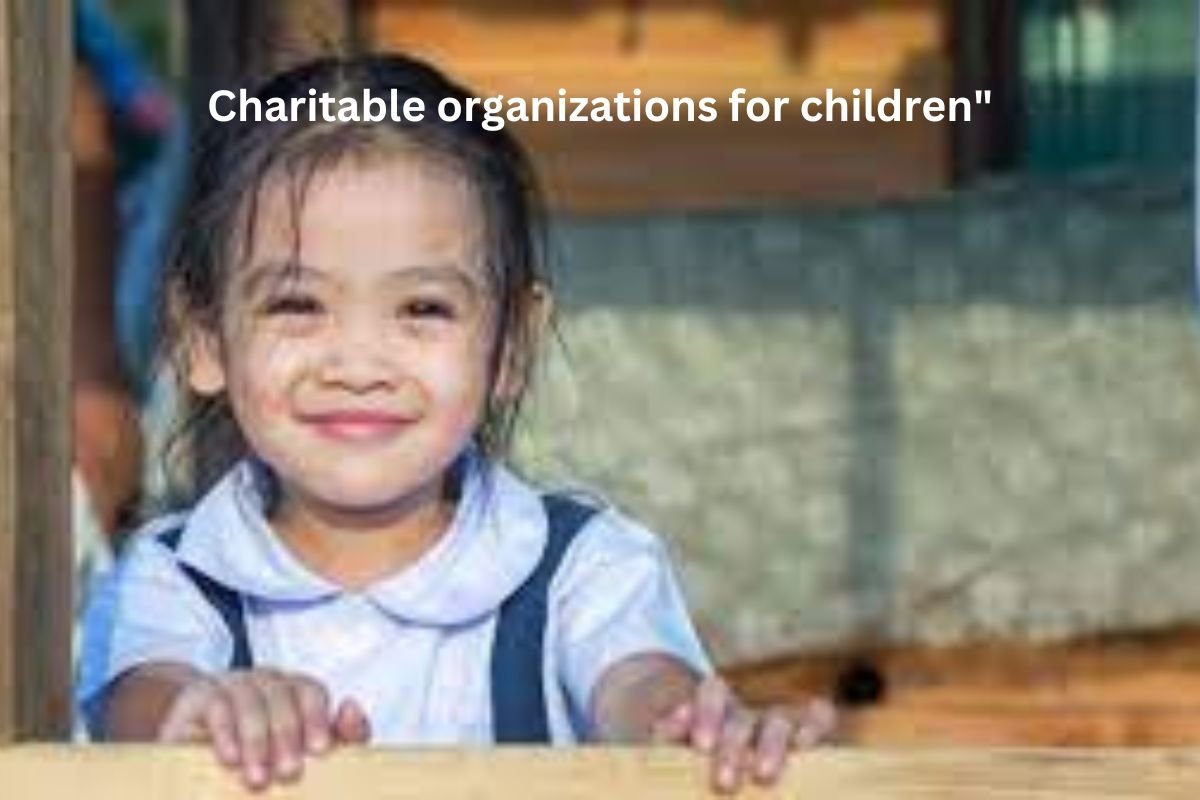Introduction to Faith-Based Charity Programs
Faith-based charity programs serve as beacons of hope and compassion, extending a helping hand to those in need while embodying the values of love, kindness, and service. Rooted in the teachings of various religious traditions, these programs play a vital role in addressing social issues and fostering a sense of community and solidarity.
Types of Faith-Based Charity Programs
Faith-based charity programs encompass a diverse array of initiatives aimed at providing assistance and support to individuals and families facing hardship. From food banks and soup kitchens to homeless shelters and clothing drives, these programs offer essential resources and aid to those experiencing poverty, homelessness, and other forms of adversity.
The Impact of Faith-Based Charity Programs
The impact of faith-based charity programs extends far beyond the material assistance they provide. By offering support and solidarity to marginalized and vulnerable populations, these programs contribute to the creation of more just, equitable, and compassionate societies.
Examples of Faith-Based Charity Programs
Numerous faith-based organizations are at the forefront of charitable work, serving communities around the world with unwavering dedication and commitment. Institutions such as the Salvation Army, Catholic Charities, and Islamic Relief are renowned for their extensive outreach efforts and impact in addressing humanitarian needs.
Volunteerism and Faith
Volunteerism lies at the heart of faith-based charity programs, with individuals motivated by a deep sense of compassion, empathy, and solidarity with those in need. For many volunteers, serving others is not only an act of altruism but also a source of personal fulfillment and spiritual growth.
Challenges and Opportunities
While faith-based charity programs play a vital role in addressing social issues, they also face challenges in terms of funding, sustainability, and collaboration with secular organizations. However, these challenges also present opportunities for innovation, partnership, and collective action in pursuit of common goals.
The Intersection of Faith and Social Justice
Faith-based charity programs are often intertwined with broader efforts to promote social justice and equality. By advocating for the rights and dignity of marginalized communities, these programs seek to create a more inclusive and compassionate society rooted in the principles of justice and fairness.
Faith-Based Charity Programs: Beyond Borders
Faith-based charity programs extend their reach beyond national boundaries, engaging in international relief efforts, disaster response, and humanitarian aid. Through their global networks and partnerships, these programs make a significant impact in alleviating suffering and building resilience in communities around the world.
The Role of Faith Leaders and Communities
Faith leaders and communities play a central role in the success of faith-based charity programs, mobilizing resources, and support, fostering a culture of compassion and service, and inspiring others to join in the work of social transformation and upliftment.
Addressing Criticisms and Misconceptions
Faith-based charity programs must navigate criticisms and misconceptions, including concerns about the separation of church and state and ensuring inclusivity and non-discrimination in their outreach efforts. Transparency, accountability, and a commitment to universal values of human dignity and respect are essential in addressing these concerns.
Supporting Faith-Based Charity Programs
Individuals can support faith-based charity programs through various means, including volunteering their time and talents, making financial contributions, and advocating for policies and initiatives that promote social justice and equality.

Conclusion
Faith-based charity programs embody the timeless values of compassion, solidarity, and service, offering hope and support to those in need while inspiring others to join in the work of building a more just and equitable world. Through their tireless efforts and unwavering commitment, these programs demonstrate the transformative power of faith in action.
FAQs (Frequently Asked Questions)
- Are faith-based charity programs only for members of a particular religious tradition?
- No, faith-based charity programs welcome individuals of all faiths and backgrounds to participate in their work and receive assistance regardless of religious affiliation.
- Do faith-based charity programs receive government funding?
- Some faith-based charity programs may receive government funding for specific projects or initiatives, but they also rely heavily on private donations and volunteer support.
- How can I get involved in volunteering with a faith-based charity program?
- You can contact local faith-based organizations directly to inquire about volunteer opportunities or visit their websites for more information on how to get involved.
- What types of services do faith-based charity programs offer?
- Faith-based charity programs offer a wide range of services, including food assistance, shelter, clothing, counseling, and educational programs tailored to the needs of their communities.
- Are faith-based charity programs open to people of all faiths and beliefs?
- Yes, faith-based charity programs welcome individuals of all faiths and beliefs to participate in their programs and receive assistance based on the principles of compassion and solidarity.



